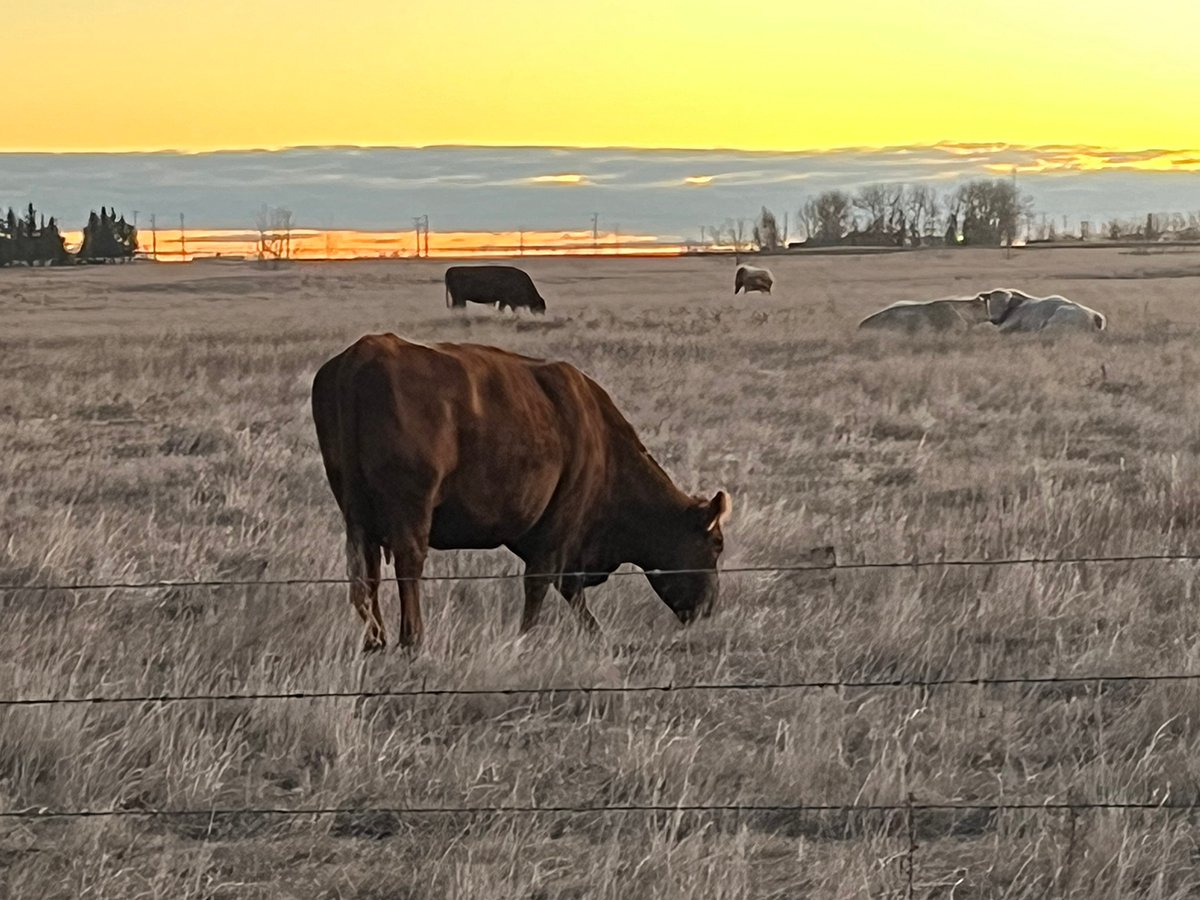McDonald’s Canada is offering up to $20,000 per project to involve more ranchers and feedlots in its verified sustainable beef pilot project.
Veterinary clinics, producer organizations, genomics companies and other allied groups are invited to develop projects to get more people involved, said a news release from the fast food restaurant company.
Potential projects could be a workshop to explain the concept, improved data and traceability information and other ideas to bring in more producers to the scheme.
There are no direct payments to producers from this program.
Read Also

Animal protection delivery to change in Saskatchewan
The Saskatchewan government is looking for a new agency to handle animal welfare after Animal Protection Services of Saskatchewan decided not to renew its contract next year.
Applications should include a clear explanation of the proposal and how success is measured. July 2 is the deadline to apply, and winning applicants receive notification by July 31.
McDonald’s buys all of its beef for its Canadian restaurants from Canada. Next year it hopes to get as much of its supply from producers who have been verified as sustainable operations.
More than 100 farms and some feedlots, mostly in Alberta, have tested the program.
Thirty-one indicators of sustainable practices have been established, and they may be refined over time.
Participating producers work through more than 80 pages of material to answer questions about their practices. There is also an on-farm interview and visit.
“The reason we have to go so deep is we have to try to live up to the expectations of the global round table for sustainable beef,” said Matt Sutton-Vermeulen of Prasino Group, which is consulting with McDonald’s on the concept.
The indicators may cover water quality and quantity or pain control for procedures such as dehorning and castrations. The program is interested in outcomes rather than the precise techniques that are used to achieve certain standards.
McDonald’s is not creating a corporate standard. Instead, it will align with the Canadian round table on sustainable beef requirements, said Sutton-Vermeulen at the Canadian Angus Association annual meeting June 5.
“Our goal is to purchase verified sustainable beef and our goal is to build on the success that this pilot demonstrates, but it is clearly up to the Canadian round table for sustainable beef whether this verification process moves forward,” he said.
“McDonald’s is focused on purchasing verified sustainable beef and to put the systems in place that are consistent with the global round table, not just in Canada but all over the world,” he said.
However, the reality is that McDonald’s buys trim from slaughter cattle processed at plants such as JBS Canada in Brooks, Alta., and Cargill Meats in High River, Alta. The product is then sent to Spruce Grove, Alta., and made into patties.
Not all the beef that is used will come from verified operations, but the company wants a significant portion to come from this program.
McDonald’s is working with the Beef Information Exchange, whose database records how many animals are available from enrolled farms and whether they achieved certification.
barbara.duckworth@producer.com















